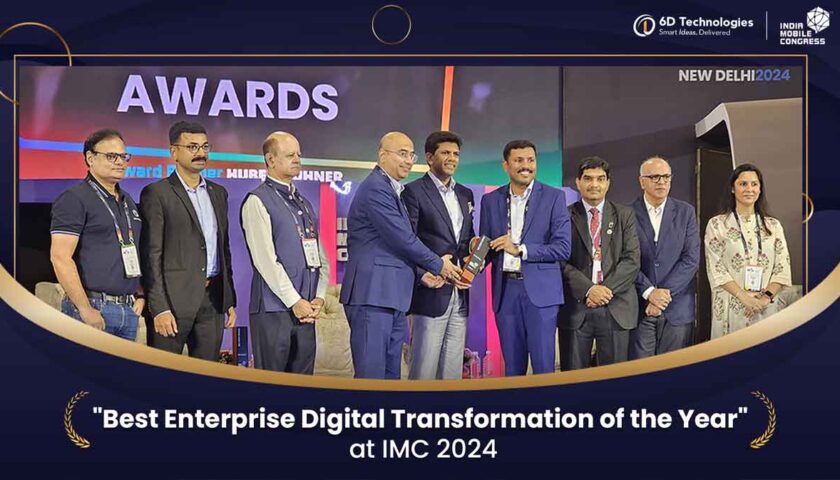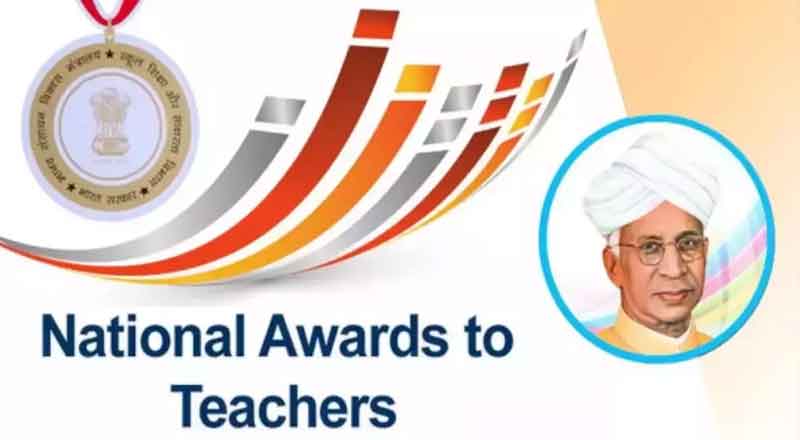When our forefathers laid the foundation of this country, they knew that education would be the key to unite India as a secular state. So, to promote education, it was embedded into the constitution of India as a fundamental right. According to the Article 45, it is the state’s responsibility to provide free and compulsory education to all children until they attain the age of 14 years.
How disappointed do you think our forefathers would be if they could see what is the scenario of education in India today? The noble idea was to use education for the upliftment of the destitute sections of the society, to bring equality among the masses, to banish stigmas of caste and religion. Education still remains everyone’s right to have it but how many are able to exercise that right is a different question. The truth is that education is no longer a basic right for all but a privilege for few.
Moreover, the actuality expresses that education has become a great business proposition. The cost of education is on the rise and it is predicted that after 20 years or so it will increase at least five folds in comparison with the costs of education today. It is no secret how costly the private school education has become in recent years and that is just the tip of the iceberg. The admission fee for a pre-school costs more than the whole year tuition fee in Delhi University and we have just started discussing costs of higher education.
If statistics are to be observed then the average cost of doing an MBA would cost between 50-60 lakhs (presently, it costs almost as much abroad) in the year 2025 in India which is a far cry considering the current average cost of MBA/PGDM courses which is in the range of Rs 12-15 lakhs. Similarly, engineering courses would cost around 30 lakhs in the year 2025 and by that time medical education fees would’ve also increased significantly. This is why many middle-class families insist and, in some cases, pressurize their children to outperform every other student by achieving the highest marks, which in turn would ensure that they make it to the cut offs of top government universities and colleges where tuition fees are comparatively lesser than private institutes.
In contemporary times, children’s higher education can become an uphill task for the parents. At times parents have to use up all their savings to support their child’s future and there still remains a possibility that they might come up short. Consequently, the gravity of the situation makes the parents borrow money from friends or relatives. But there is an alternative and most people are resultant to consider it. This is the most appropriate time to go for an education loan!
In fact, the parents should encourage their children to opt for an education loan. Not only it’s a huge burden off the parents’ shoulders but it also saves them from the embarrassment of asking for money outside family. An education loan is the first loan in a child’s life that has to be paid when he/she starts earning. Also, there is a great life lesson here, the child will learn the value of money, opportunity and time. And not to mention the benefits of paying the loan amount before due time, it improves the child’s credit score and this helps in getting other future loans (home loans, etc.) easily.
Education loans are basically taken to fund the expenditures of graduation and post-graduation courses that also include lodging expenses, books, travel and other related expenses. Education loans are offered in three slabs; below Rs. 4 lakhs, between Rs. 4 lakhs and Rs. 7.5 lakhs and above Rs.7.5 lakhs. A student is eligible to apply for an education loan if his/her admission has been confirmed for graduate or post-graduate course/degree in India or abroad. Although there are some banks which provide education loans regardless of this criterion.
Benefits of Education Loans:
- Most banks including SBI approve education loans within 15 days period. Government banks provide education loans at lower interest rates than private banks. SBI is the only bank in India that offers education loans up to Rs 1.5 Cr.
- There are no processing fees while applying for the loan. Only some financial institutes charge 1% processing fee which depends on the type of loan.
- Banks provide “Moratorium Period”, a holiday period of six months to one and a half years after the course/degree is over to search for jobs and paying back the loan amount only starts after this period.
- Loans below Rs. 4 lakhs can be availed without any margin costs, that is, all the money will be financed by the bank only without asking the borrower to contribute anything. Also, there is no security collateral required if the loan amount is below Rs. 4 lakhs.
- Repayment of the loan amount can be done in 10 years and that is after Moratorium Period. (The period of repayment of loan amount will vary depending upon the type of education loan.)
- Education loan saves tax according to Section 80-E of the Income Tax Act, 1961.
- Some banks are also known to provide life insurance cover with an education loan.
Is it heart breaking to see that sometimes deserving students have to compromise with their career goals due to shortages of funds. But with the rising education costs, education loan becomes a feasible option. It’s comparatively easy to avail education loans at attractive rates these days. Moreover, students should start to opt for education loans to ease off their parent’s burden and to build good credit history early in their lives for future prospects.
Furthermore, Youth4work is here to provide all the moral support to the youths by guiding them with course studies, tips and online test practices.
How to know which college/institute is best suited for you?
Students need to know the answer to this question before applying for an education loan. There is a plethora of educational institutes in India. Everyone knows about the top Business Schools, engineering and medical colleges but these institutes remain out of reach for many students who may not be the top scorers in the country per se. These students must understand the importance of selecting the most suited college for themselves in order to make an informed decision that will provide value for money along with best career prospects in future.
This is where Youth4work comes in, students just need to go to the “My College” tab on our website and they get access to useful resources like college rankings, discussion forums on best colleges, interaction with alumni and other students. Students can easily find out which is the right college/institute for them without getting worked up or going to people and places for advice.
Youth4work acts as a bridge between the youth and the recruiters. Students can also look for career opportunities and internships through youth4work’s forums in case he or she finds trouble getting placed after the college degree/course is completed. In addition, we provide various online Certificate Courses and online skill tests to groom, prepare and motivate the youth for the professional world.
Rachit Jain,
Founder & CEO – Youth4work.com





